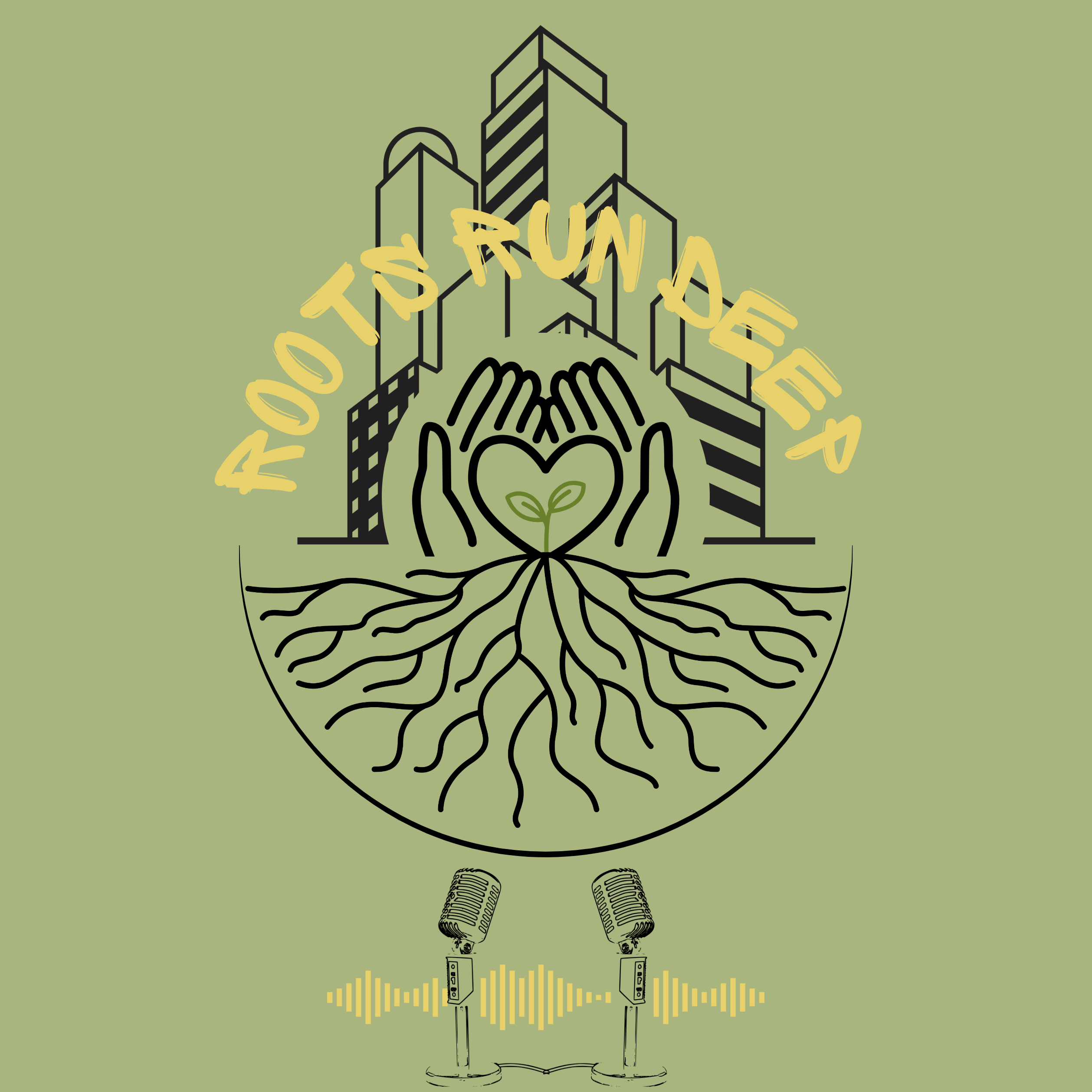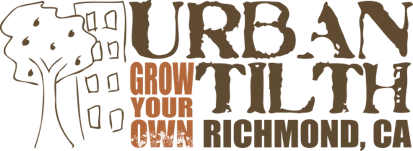
In this episode of the Roots Run Deep podcast, we discuss the different aspects and impacts of the Northern California Wildfire season. This includes defining what is considered a wildfire, what is specific to California that makes it a concern, and the environmental and humanitarian risk factors.
The Federal Emergency Management Agency (FEMA) defines a wildfire as an unplanned fire burning in natural or wildland areas such as forests, shrublands, grasslands, and prairies (1).* California is notorious for having wildfires, increasingly so, during a specific time of the year known as wildfire season. The peak season for Northern California wildfires starts in June or July and continues until late October or November. This roughly six-month period is when weather conditions create a very dry, thirsty atmosphere that draws more moisture from plants and vegetation leaving them dry and more easily flammable. California droughts are also another factor in the increase of wildfires for a similar reason of dryer vegetation that can sometimes fuel larger wildfires.*
Upon looking into the different causes of wildfires, it becomes clear that it is a mix of complex and geographically specific problems. This sits within the realm of why a Just Transition is important for a number of reasons, especially when thinking about climate resiliency. As a refresher, one of the key principles of a Just Transition is self-determination (4). Self-determination describes a world where all people have the right to participate in decisions that impact their lives.* It involves direct democracy, which under the Just Transition framework means that people who live in specific communities are allowed to manage their own natural resources. Using the example of wildfires in California, we can hope that those most impacted by wildfires would be able to research and decide what fire management techniques would be best for the conditions within their community.
One of the examples of wildfire management and reduction that we discuss in this episode is the idea of what is sometimes referred to as “prescribed burning”. Prescribed burning is a practice that originates from the Indigenous people and communities of what some today call the United States of America.*(5) The idea is to use intentionally controlled fires to help in stewarding the land whether it be to promote healthy soil, promote the growth of certain plant species, or prevent build-up of organic matter that can increase the risk of harmful wildfires.
While wildfires are one of the many types of natural disasters that affect all life on Earth, it is important to acknowledge that these are common occurrences. The natural world has always seen instances of extreme weather and environmental shifts. However, this has all had an increase in intensity and frequency due to the effects of climate change as a result of human behaviors and attitudes on how we should and do treat our natural resources. Colonialism has had a detrimental impact on the planet. Domination is a cultural mindset that has lingered from the lasting colonial legacy that has placed value on individual gains over collective progress for all peoples. This sentiment can be summarized by a quote from Where White Men Fear to Tread: The Autobiography of Russell Means, “If you cannot feel that the earth is your Grandmother, then of course you will find it easy to rape her, to behave as though she is under your dominion. You will find it easy to believe that we humans are the dominant species, and to act as though the earth and everything on it are ours to do with as we please.” As severe weather continues to evolve and our climate changes it is important to move towards a mindset of regeneration and resiliency.
So while there is a natural and unavoidable element to wildfires, we should reflect on how all of us are responsible for how we can continue to create spaces for discussion about the individual and collective parts we play in creating a better world.
*For additional information and resources please listen to the Roots Run Deep podcast on the Urban Tilth Youtube channel and take a look at other links provided below:
